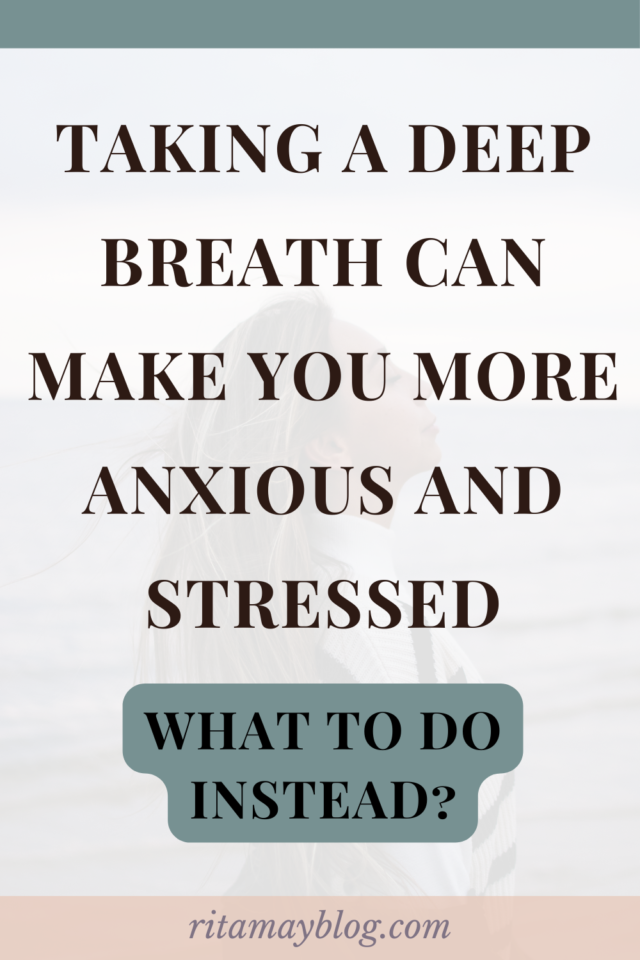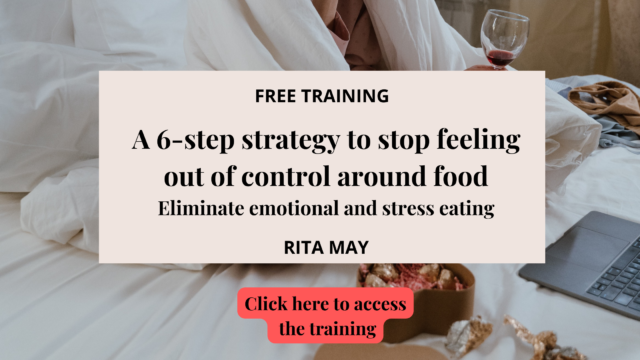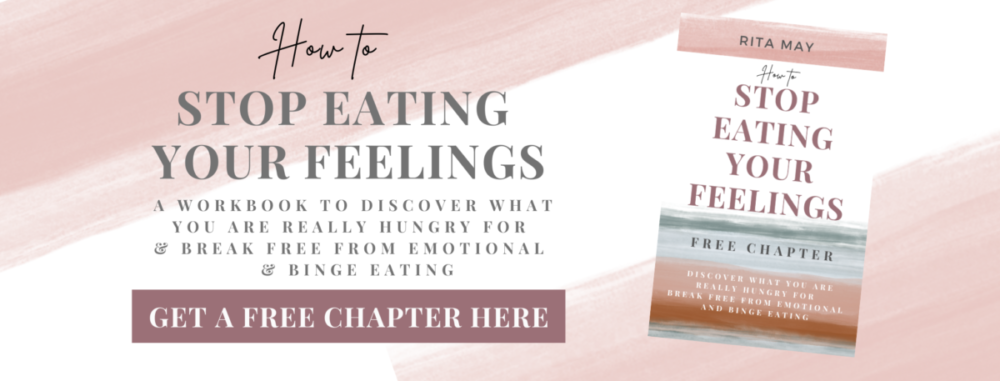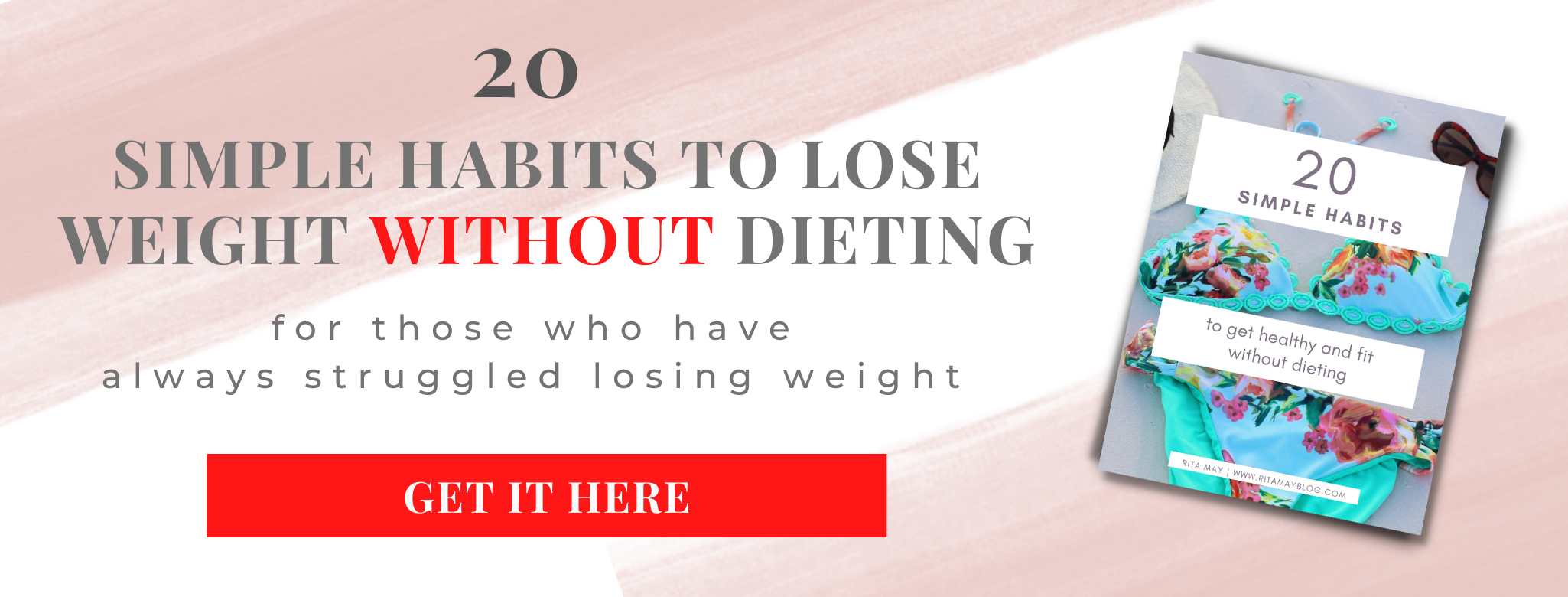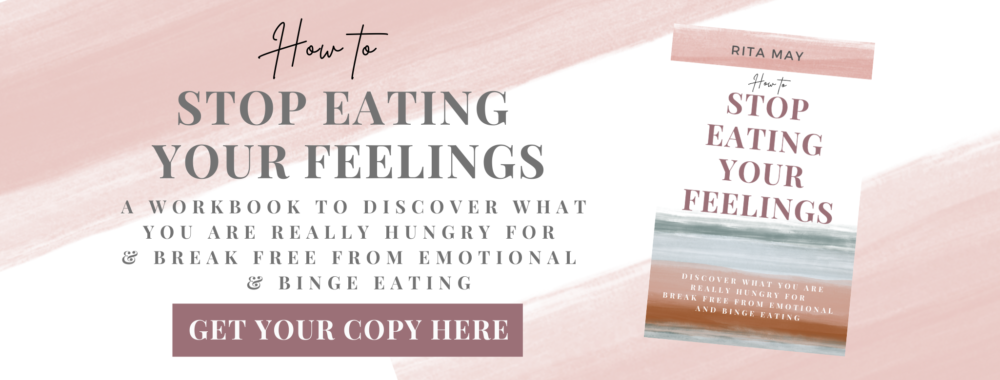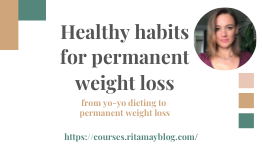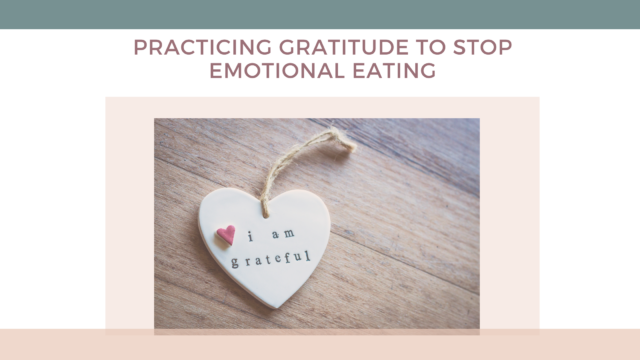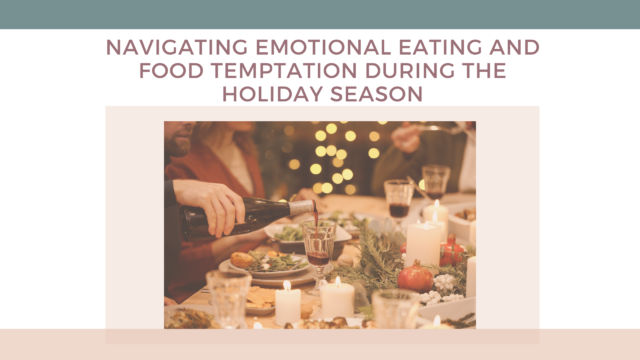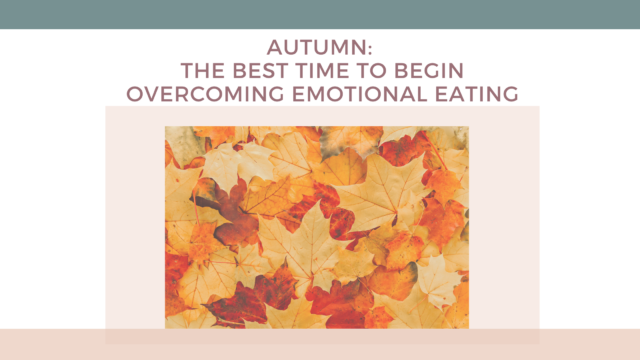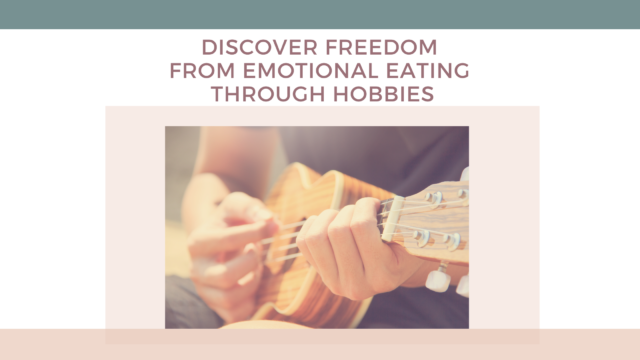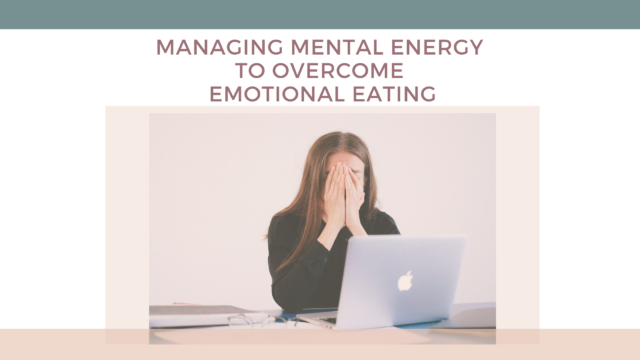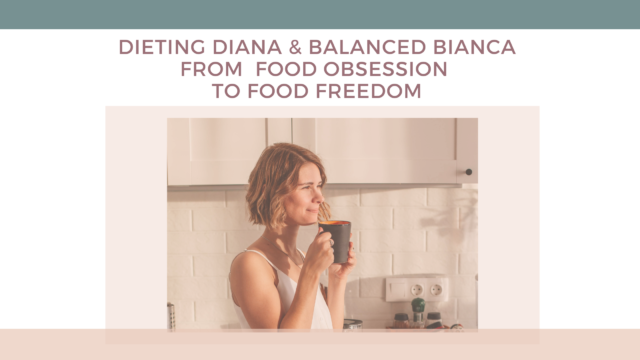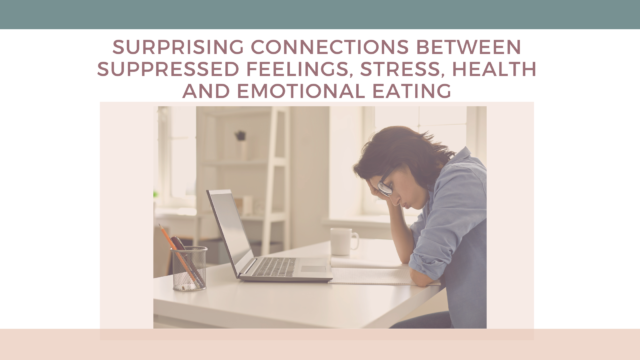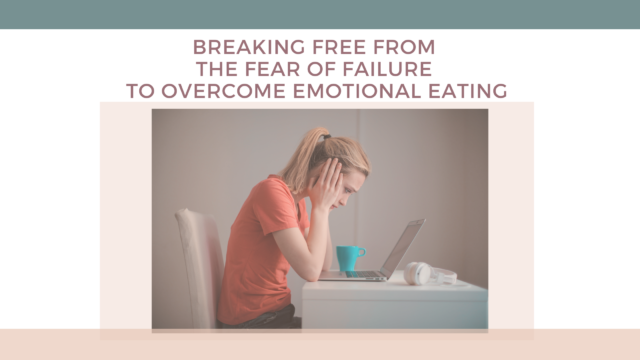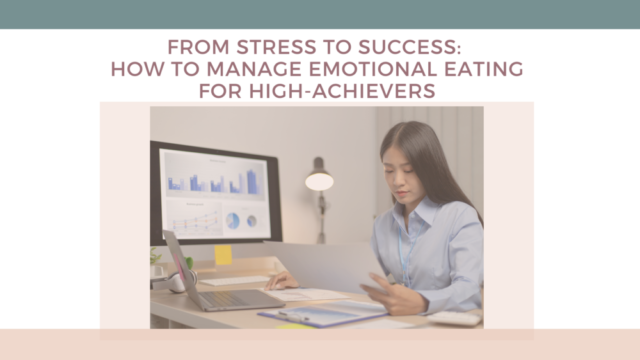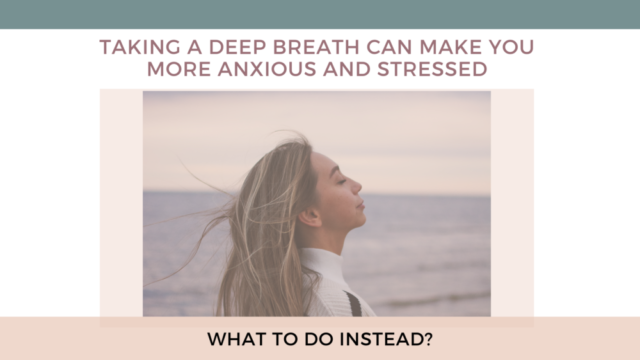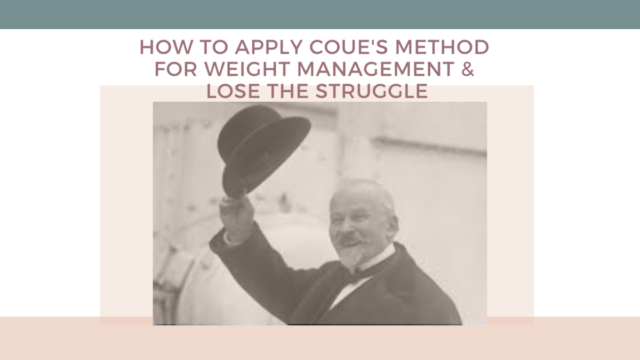Taking a deep breath to calm down may not work for you and it can make you more anxious and stressed. When it comes to breathing and anxiety, slow and steady wins the race. By focusing on extending your exhale and practising diaphragmatic breathing, you can promote feelings of relaxation and reduce stress in your body and mind.
“Taking a deep breath” to calm down is NOT what you need
As a busy, high-performing person, you often find yourself constantly on the go, with a never-ending to-do list and high expectations to meet. This can lead to feelings of overwhelm, stress, and anxiety.
To cope with these overwhelming feelings, many people turn to unhealthy coping mechanisms such as overeating, binge eating, or drinking. You may find yourself reaching for sugary snacks or junk food to help you cope with your emotions or turning to alcohol to unwind after a long day.
Unfortunately, these coping mechanisms only provide temporary relief and can lead to long-term health consequences.
One of the most common pieces of advice given to help calm anxiety and reduce stress is to “take a deep breath.” However, I recently learned that quickly taking a deep breath can actually worsen the symptoms of anxiety by upsetting the delicate balance of gases in our bodies.
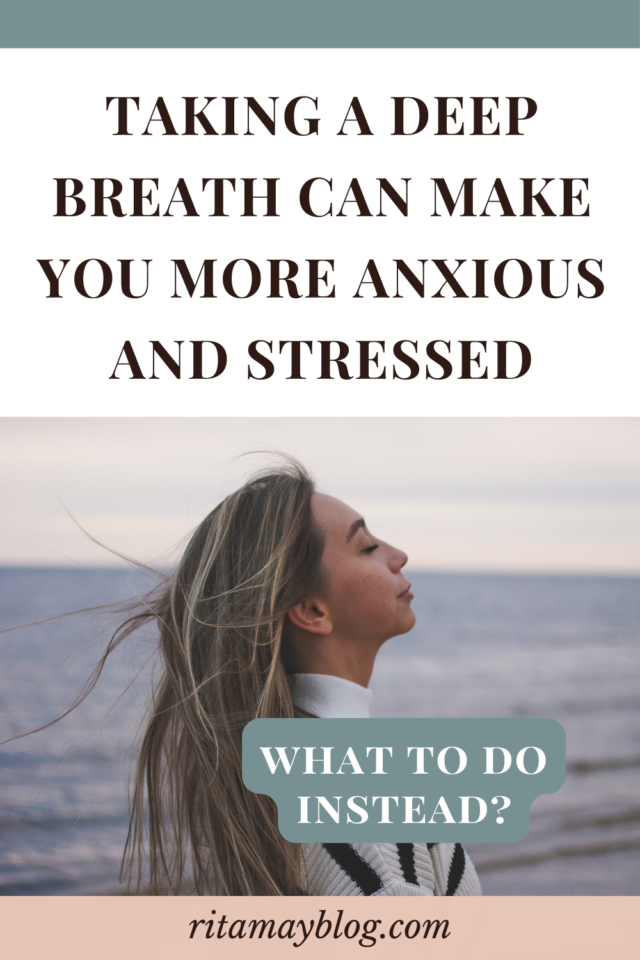
Science background
When you’re stressed or panicking you might feel like you can’t catch your breath, and you take quick, deep breaths. It’s called over-breathing or hyperventilation.
When you hyperventilate you exhale too much carbon dioxide (CO2), which means, there’s too much oxygen (O2) in your system, in relation to the amount of CO2. This relative drop in CO2 makes you feel dizzy, lightheaded, and faint.
We inhale oxygen into the lungs and from there, haemoglobin carries it in the bloodstream to the places where it’s needed. When the pH of the blood is off (high in the case of too little CO2), the haemoglobin will hold onto the oxygen and not release it to the tissues in need.
If this happens, we get symptoms that feel like too little oxygen, even though there is plenty of oxygen in the blood.
When you follow the advice of “taking a deep breath to calm down”, especially if you do it quickly, you take in even more O2 which further upsets the balance of gases in your body.
Do you know why breathing in and out of a paper bag helps a panicked person calm down? Because it helps balance this gas ratio.
So, if you’re feeling anxious or stressed and want to calm down, what should you do instead of quickly taking a deep breath?
So, what can we do to help calm our minds and bodies?
The key is to focus on extending the exhale. When you exhale more slowly, you help restore the balance of the gases in your body which promotes feelings of relaxation and calm.
But there is one more thing.
Chest breathing, which involves mainly the upper chest muscles, can increase heart rate and blood pressure, and trigger feelings of anxiety or stress. In contrast, diaphragmatic breathing, which involves the contraction of the diaphragm muscle, located below the lungs, can slow down heart rate and lower blood pressure, promoting feelings of calm and relaxation.

So, if you’re looking to calm your mind and body, try practising diaphragmatic breathing with an extended exhale.
Let’s try diaphragmatic slow breathing with an extended exhale. Place your hands on your belly, and breathe in through your nose, focusing on the movement of your diaphragm. Then, exhale slowly, gradually increasing the length of your exhale.
For example, inhale for a count of 1…2…3…4, and then exhale for a count of 1…2…3…4…5…6 or longer. Don’t force it, just increase the length of your exhale gradually.
Practise slow diaphragmatic breathing when you are not stressed or anxious too
Practice regular, slow breathing when you are not stressed or anxious too.
Train both your mind and body to differentiate between slow and regular breathing, which indicates a relaxed state, and quick and deep breathing, which indicates a panicked state. Familiarise yourself with the sensation of shifting from one state to the other and enhance your ability to transition smoothly between them.
If you find yourself turning to unhealthy coping mechanisms such as overeating, binge eating, or emotional eating to cope with stress and your uncomfortable feelings, know that there is help available.
Try this 14-minute meditation when you feel the urge to overeat to suppress uncomfortable feelings or distract yourself from negative emotions. It helps you tolerate negative feelings and take the first steps towards building emotional resilience.
As an emotional eating coach, I offer a 12-week coaching program to help you break free from emotional eating and binge eating and have a better relationship with food and your body.
During the program, we will work together to identify the underlying emotions and triggers that lead to emotional eating, develop healthy coping mechanisms, and create a sustainable lifestyle plan for long-term success.
If you’re interested in learning more about my coaching program, I invite you to book a free discovery call.
During that call, we can discuss your challenges, what you’ve tried so far and how I can help you. Together, we can work towards a calmer, happier, healthier you.
Summary
Remember, when it comes to managing stress and anxiety, slow and steady wins the race. By practising diaphragmatic slow breathing with extended exhale and seeking help when needed, you can promote feelings of relaxation and reduce stress in your mind and body.
Did you find it interesting that taking a deep breath to calm down is actually not what you need to do? If so share it with others too 🙂
